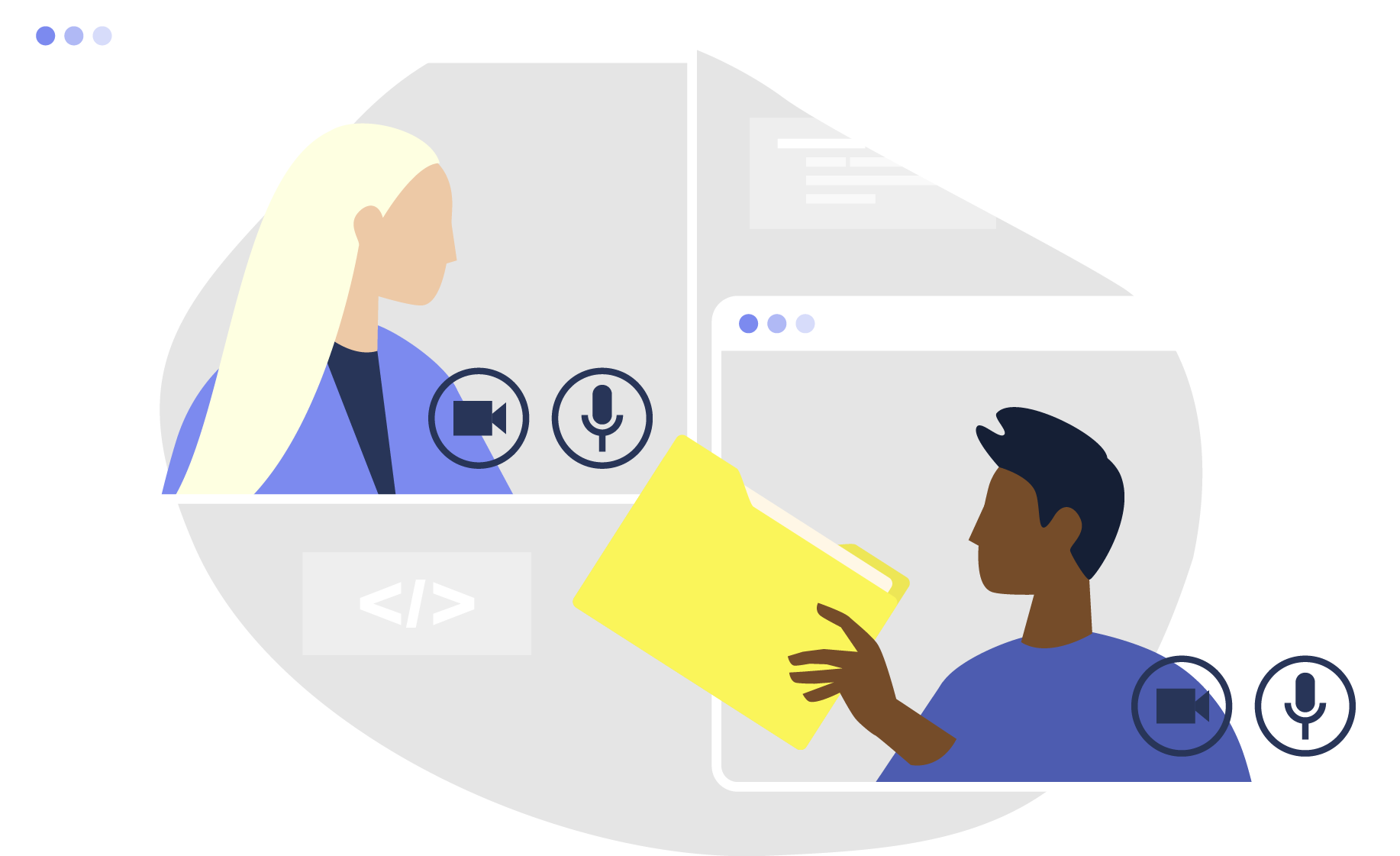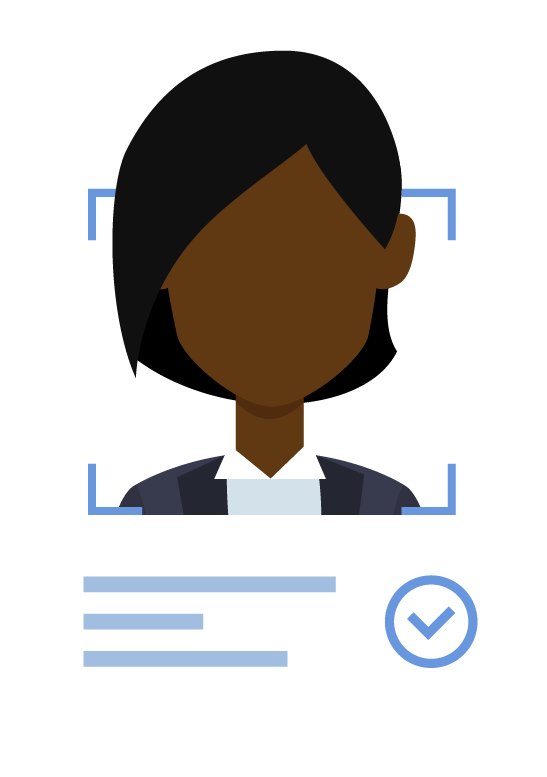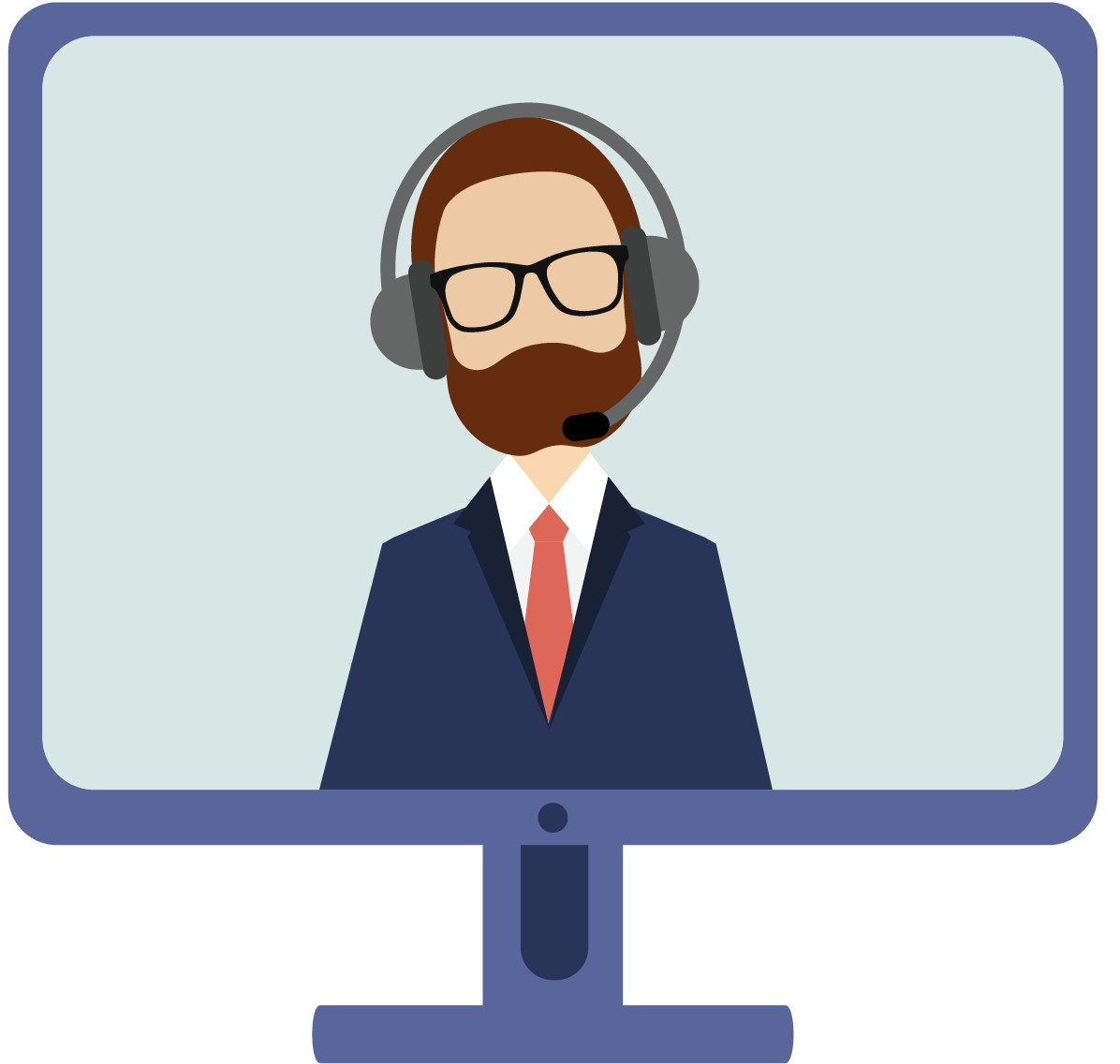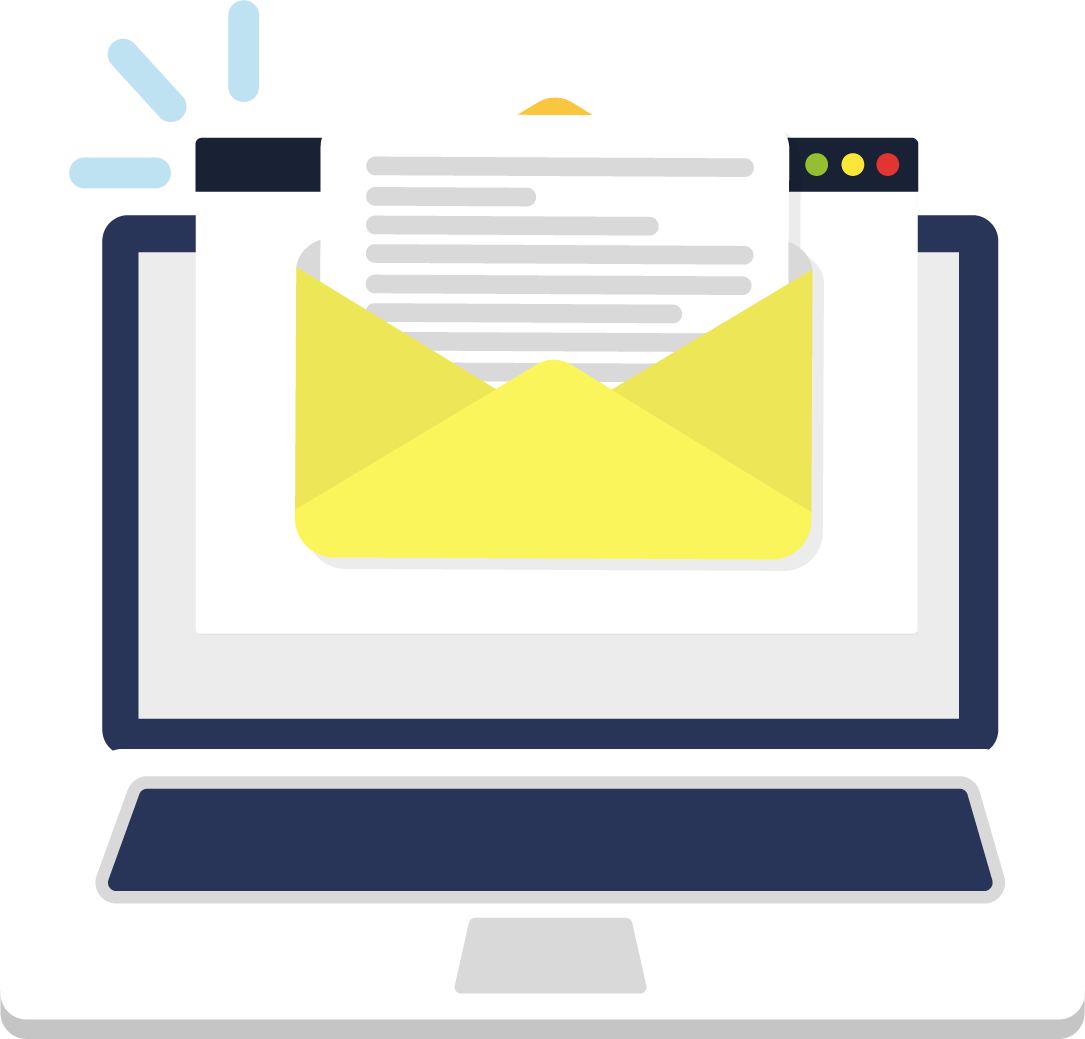In the current business climate, the majority of insurers have closed their physical offices and their employees are working remotely. This is impacting relatively all facets of business including recruiting and hiring processes. Candidates must now be able to interview for roles and even be comfortable accepting offers without meeting hiring managers or other prospective colleagues in person.
 While many best practices around preparing for and acing a standard interview hold true, here are a few tips for confidently and effectively presenting yourself throughout an entirely virtual interview process.
While many best practices around preparing for and acing a standard interview hold true, here are a few tips for confidently and effectively presenting yourself throughout an entirely virtual interview process.
Avoid technical issues.
Especially given today’s current work-from-home environment, it’s important to demonstrate you are tech savvy. If you’re not able to get a video interview up and running in a timely and professional manner, it serves as a reflection of your ability to work remotely. Minimize glitches by doing a trial of the company’s video software (even if it’s one you’ve used before). Dial in to the interview early, giving ample time to fix any last-minute issues. Test your sound and video quality before your interviewer logs on.
 Pay attention to details.
Pay attention to details.
While avoiding technical issues is key, paying attention to smaller details will also help set you apart. Dress as you would for an in-person interview. Choose a quiet location in your home with a professional and neutral background. Try to minimize noise and distractions from pets, children and others within your home as much as possible. If you typically work from a home office, take a fresh look at your workspace and remove any clutter you may not normally notice, like coffee mugs or piles of paper. Also know that you have control over sound and video quality. If your built-in laptop camera makes you look grainy or blurry, you may want to order a separate camera with a better picture before interviewing for your dream role. Practice looking into the camera, rather than at your computer screen. Take a look at your lighting and consider how to avoid shadows. Ideally, your light source will come from in front of you rather than behind. Experiment with this in the days leading up to your interview.
 Be prepared.
Be prepared.
While it’s always advisable to research a company and role prior to an interview, it’s even more important when the entire interview process is virtual. Make sure you are well-versed in not only the organization, but also the interviewer, leadership team and other key individuals. Research their profiles on LinkedIn, as well as any recent news articles and thought leadership pieces. Additionally, review your resume and consider potential questions you may be asked. One benefit of a virtual interview is that you can have any key points you want to share in front of you for reference. However, make sure your notes are not distracting or causing you to look away from the interviewer.
Ask questions.
Having a variety of well-thought-out questions shows you’re prepared, interested and detail-oriented, no matter the interview format. It’s likely you’ll have questions about the company, role and culture coming out of your research. Write these down so you have them handy during the interview.
Given the many unknowns around the current state of work, make sure you ask about timing and next steps. As you advance within the interview process, don’t hesitate to inquire about stability, including how individuals will transition back to the office. Especially if you are currently employed, not knowing these details may make you hesitant to make a move.
 Set expectations.
Set expectations.
Currently, we’re still seeing a candidate’s market in insurance and insurers continue to seek top talent for open roles. If you’re hoping to work remotely once the office opens back up, approach this with the hiring manager, as it may not align with their plans. Ask about what the virtual onboarding process will look like. What technology and equipment will be provided and what kind of training will be available? How does the company plan to keep their staff members engaged and help them build relationships with colleagues?
Be positive and personable.
Remain professional in your interview, but don’t hesitate to show your personality. This is your chance to build a relationship, even if it’s over the phone or through video. Make sure to follow the interviewer’s lead, ask how they’re doing and make the interview more conversational, if it seems appropriate. Even in trying times, stay positive. Describe how you are performing your current job remotely and how you’ve successfully transitioned to working from home.
 Follow up.
Follow up.
The same etiquette for following up after an interview applies. Send an email shortly after your meeting (within 24 hours or less) to let the interviewer know you appreciate their time and to further express your interest. Keep the lines of communication open and make yourself available for any follow up questions or information.
While the format of interviews has changed in the past few months, it’s still possible to get to know a company and feel comfortable with a role through virtual interviewing. Especially if you’re actively seeking a new role, use this time to your advantage and set yourself apart within the interview process.